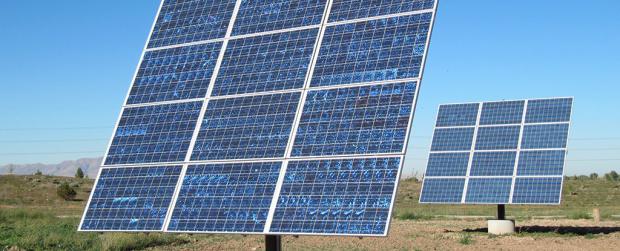
Breaking News
 The Pentagon Failed Its Audit Again. You Should Be Alarmed.
The Pentagon Failed Its Audit Again. You Should Be Alarmed.
 Cuban Crisis 2.0. What if 'Gerans' flew from Cuba?
Cuban Crisis 2.0. What if 'Gerans' flew from Cuba?
 Senate Democrats Offer Promising Ideas for Changing Immigration Enforcement
Senate Democrats Offer Promising Ideas for Changing Immigration Enforcement
 Never Seen Risk Like This Before in My Career
Never Seen Risk Like This Before in My Career
Top Tech News
 Critical Linux Warning: 800,000 Devices Are EXPOSED
Critical Linux Warning: 800,000 Devices Are EXPOSED
 'Brave New World': IVF Company's Eugenics Tool Lets Couples Pick 'Best' Baby, Di
'Brave New World': IVF Company's Eugenics Tool Lets Couples Pick 'Best' Baby, Di
 The smartphone just fired a warning shot at the camera industry.
The smartphone just fired a warning shot at the camera industry.
 A revolutionary breakthrough in dental science is changing how we fight tooth decay
A revolutionary breakthrough in dental science is changing how we fight tooth decay
 Docan Energy "Panda": 32kWh for $2,530!
Docan Energy "Panda": 32kWh for $2,530!
 Rugged phone with multi-day battery life doubles as a 1080p projector
Rugged phone with multi-day battery life doubles as a 1080p projector
 4 Sisters Invent Electric Tractor with Mom and Dad and it's Selling in 5 Countries
4 Sisters Invent Electric Tractor with Mom and Dad and it's Selling in 5 Countries
 Lab–grown LIFE takes a major step forward – as scientists use AI to create a virus never seen be
Lab–grown LIFE takes a major step forward – as scientists use AI to create a virus never seen be
 New Electric 'Donut Motor' Makes 856 HP but Weighs Just 88 Pounds
New Electric 'Donut Motor' Makes 856 HP but Weighs Just 88 Pounds
 Donut Lab Says It Cracked Solid-State Batteries. Experts Have Questions.
Donut Lab Says It Cracked Solid-State Batteries. Experts Have Questions.
Scientists Have Broken the Efficiency Record for Mass-Produced Solar Panels

Researchers in Japan have set a new record for the efficiency of mass-produced solar panels, meaning even more of the Sun's energy can now be converted into electricity.
The efficiency record for solar panels now stands at 26.6 percent - breaking the previous record established in 2015.
"Improving the photoconversion efficiency of silicon solar cells is crucial to further the deployment of renewable electricity," the team from Japan's Kaneko company explains. "This result confirms the strong potential of silicon photovoltaics."
To reach their record-breaking efficiency level, the team layered silicon inside individual cells to minimise band gaps where electrons can't exist and sunlight is wasted.
This approach is called thin-film heterojunction (HJ) optimisation, and while other scientists have attempted the procedure before, the Kaneko researchers improved the technique and were able to achieve that 26.6 percent milestone.



